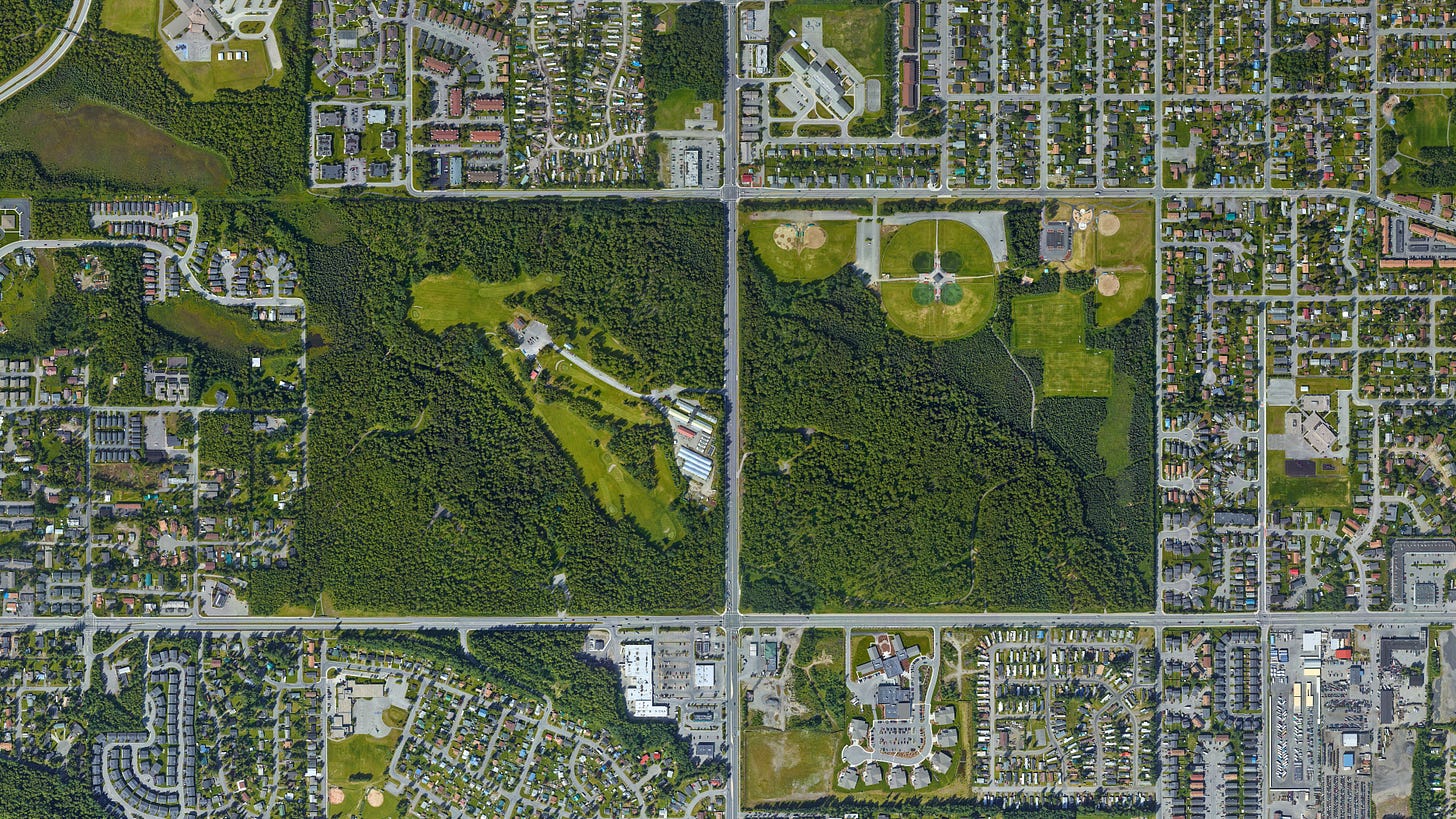580 signatures
It’ll be difficult to prove there’s fire beneath all this smoke, but there sure is a lot of smoke.
Good morning, Alaska!
In this edition: The trial challenging the initiative to repeal Alaska’s open primaries and ranked-choice voting system has been underway for the last week and a half. It has outlined a lot of suspicious but not blatantly illegal activity on behalf of the initiative campaign. We’ve heard a lot about unattended booklets, signature gatherers carrying an unusually high number of booklets, suspicious handwriting comparisons and a petition gatherer who worked at superhuman speeds. Still, given the Alaska Supreme Court’s tendency to side with voter intent, it’s looking like a long shot. Also, an update on Anchorage’s HOME initiative, which looks like it’s dodged a veto.
Current mood: 🤨
580 signatures

Alaskans for Honest Elections, the right-wing group pushing an initiative to repeal Alaska’s open primaries and ranked-choice voting system, has faced more than its fair share of allegations of unethical and suspicious behavior. The group has been peppered with campaign complaints over inaccurate and incomplete financial disclosures, campaign materials that lacked paid-for-by disclosures and a “church” that was set up seemingly to mask the true source of big-ticket contributions. Now, the group faces a new round of accusations focused on its signature-gathering efforts.
The testimony over the last week-and-a-half in Anchorage Superior Court Judge Christina Rankin’s courtroom has painted a picture of unattended signature booklets, haphazard booklet management and questionable differences in handwriting and timestamps that the challengers say should disqualify enough booklets that it should disqualify the initiative from the 2024 ballot. However, one of the big pieces missing from the testimony is evidence that any booklets were signed while unattended.
That will likely make that line of attack on the initiative a long shot.
The Alaska Supreme Court has traditionally afforded citizen initiatives with a wide latitude to reach the ballot, erring on voter intent (which is a good thing). Much of what has been presented to the court has been suspicious, but not much of it has come across as blatantly illegal. It is a point disgraced former Attorney General Kevin Clarkson has routinely seized upon in his cross-examination of witnesses. Shady, he said, but not technically illegal (which, I suppose, is something he has some personal experience with).
Still, one case in particular is about as shady as it can get. That’d be Philip Izon, one of the campaign’s leads, who collected a whopping 580 signatures in a single day from multiple house districts. For comparison, an expert brought in by Alaskans for Better Elections, the pro-open primaries group challenging the initiative, said a good day of signature collection is about 40-50 signatures per person, estimating it takes about two to three minutes to collect a signature. Izon, if his collection efforts are to be believed, was collecting a signature a minute for about ten hours straight.
“It stretches the limits of credulity,” the expert said. “There’s just a real limit to the number of signatures one person can collect if they are, in fact, directly involved in the collection of them.”
He said if it were up to him, he would have flagged the collection as suspicious, rejected the signatures and halted Izon’s signature-gathering efforts altogether. He said it was particularly problematic because Izon was responsible for instructing the signature gatherers, arguing that it could have trickled out to a series of problems in the rest of the signature gathering.
Still, in the big picture, it’ll be difficult to prove there’s fire beneath all this smoke, but there sure is a lot of smoke.
Testimony continues today.
Stay tuned.
HOME Initiative dodges veto
The Anchorage Assembly narrowly approved the HOME Initiative last week, a measure that effectively eliminates single-family zoning throughout much of the Anchorage Bowl. The hard-fought change is part of a larger effort to increase the availability and affordability of housing in Alaska’s largest city, which lagged greatly behind its neighbors in new home construction as prices continue to climb. Backers argue that allowing homeowners to build duplexes, mother-in-law apartments, tiny homes and other denser housing will bring housing prices down in the long run.
However, before we could see whether any of that would pass, the measure had to dodge the potential vetoes of two very different mayors. Its 7-5 vote was a vote short of the margin needed to ensure an override, but backers can now rest easy.
Now-former Mayor Dave Bronson left office without issuing one last veto of the Anchorage Assembly, and newly minted Anchorage Mayor Suzanne LaFrance said she supports the measure. LaFrance made the comments to reporters following her inauguration event in downtown Anchorage on Monday.
“At the end of the day, I feel like it was a good compromise, and it’s time to move forward,” she said, referencing a change that put an extra step for approval on more remote lots at higher risk of fire danger. “There’s a lot of other work that needs to be done around housing; definitely streamlining our code is important. There are a lot of actions we can take to make it easier to build here and ensure we have adequate and affordable housing stock.”
For more on LaFrance’s inauguration, check out my coverage here.




